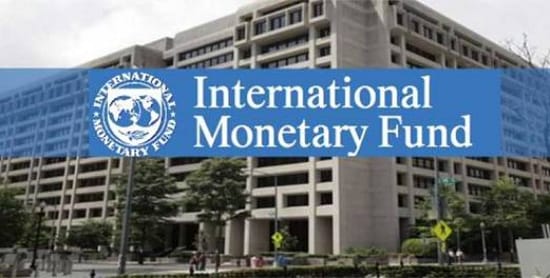Nigeria is gradually inching towards a financial blockade at the International Financial Market, as its working relationship with International development and its funding partners, including the World Bank and the International Monetary Fund, deteriorates to its worst.
This comes with consequences for Nigeria for the prospect of raising cheap funds. The yields of Nigeria’s Eurobond have increased significantly, frim ther average 6.5% to 12.5% this month of June, about 100% rise in six months.
Several external factors such as the global rise in interest rates and high inflation rate have significant impacts on the lost of borrowing from the global market, a reason the United States’ 10-year bond has also increased from 1.75% in January to over 3%.
This is as a result of self inflicted missteps by the country. Some experts argue that its rising risk and deteriorating sovereign rating would have contributed to the sudden sharp rise in the country’s already under priced bonds.
Last month, JP Morgan, an American leading investment bank, demister Nigeria frombthe class of emerging market sovereign recommendations that investors should be ‘outweight’ in.
“Nigeria’s Fiscal woes amid a worsening global risks backdrops have biased market concerns despite a positive oil environment,” the Bank said while it upgraded Serbia and Uzbekistan for their low risks.
JP Morgans decision is interpreted as a grave red light with negative implications in tge country’s investment outlook and credit worthiness. Other credit rating agencies, including Fitch Ratings have raised countless questions about the country’s competitiveness while calling for reforms, suggestions often rebuffed by the government.
Source: The Guardian Nigeria
















